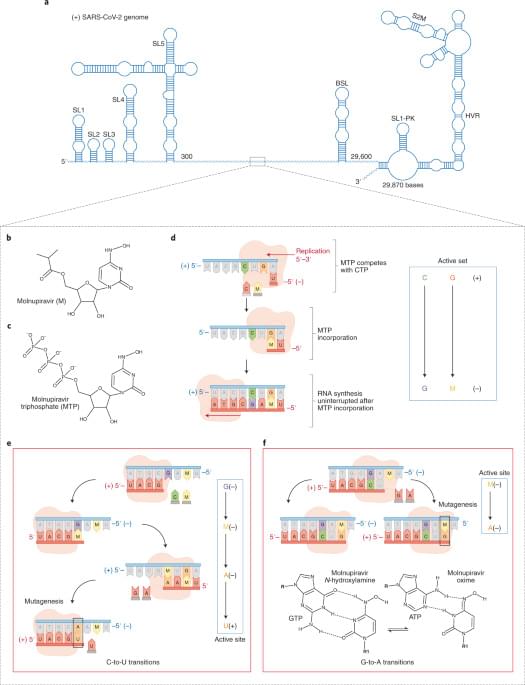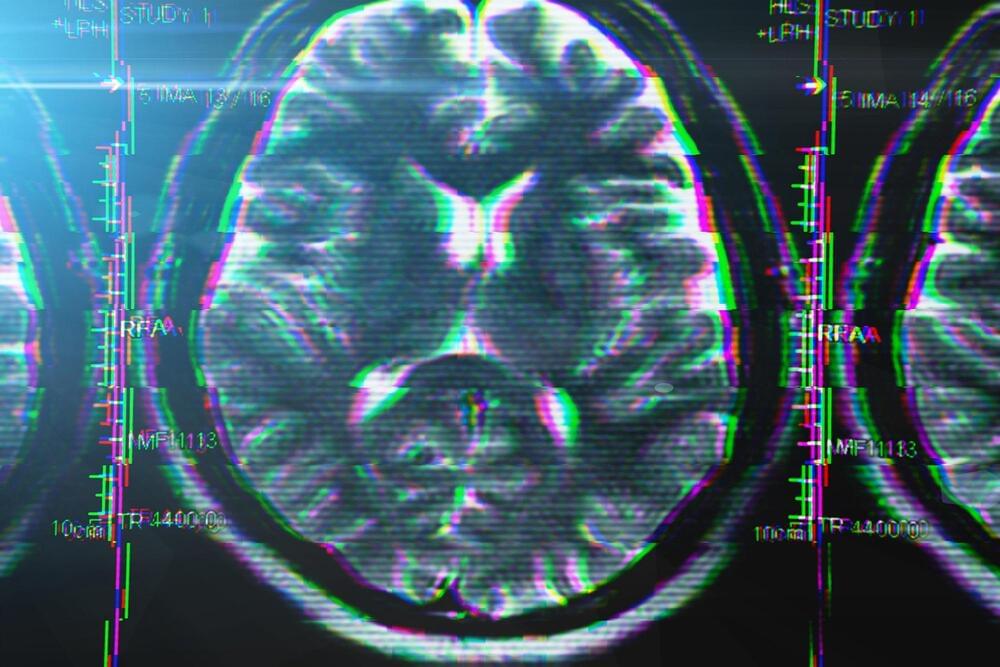Sep 17, 2021
Directed evolution of a family of AAV capsid variants enabling potent muscle-directed gene delivery across species
Posted by Jason Blain in categories: bioengineering, biotech/medical, evolution, genetics
Progress.
Replacing or editing disease-causing mutations holds great promise for treating many human diseases. Yet, delivering therapeutic genetic modifiers to specific cells in vivo has been challenging, particularly in large, anatomically distributed tissues such as skeletal muscle. Here, we establish an in vivo strategy to evolve and stringently select capsid variants of adeno-associated viruses (AAVs) that enable potent delivery to desired tissues. Using this method, we identify a class of RGD motif-containing capsids that transduces muscle with superior efficiency and selectivity after intravenous injection in mice and non-human primates. We demonstrate substantially enhanced potency and therapeutic efficacy of these engineered vectors compared to naturally occurring AAV capsids in two mouse models of genetic muscle disease. The top capsid variants from our selection approach show conserved potency for delivery across a variety of inbred mouse strains, and in cynomolgus macaques and human primary myotubes, with transduction dependent on target cell expressed integrin heterodimers.
















